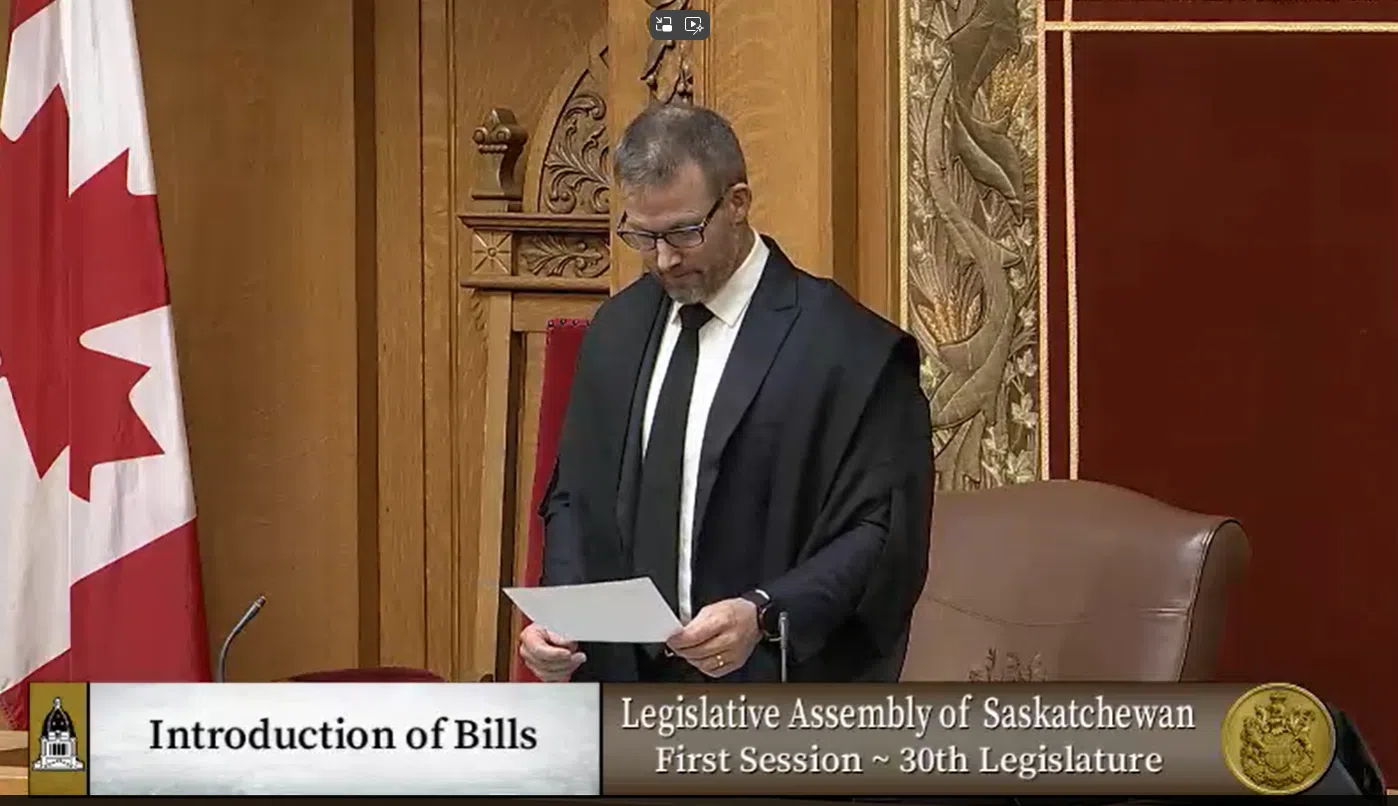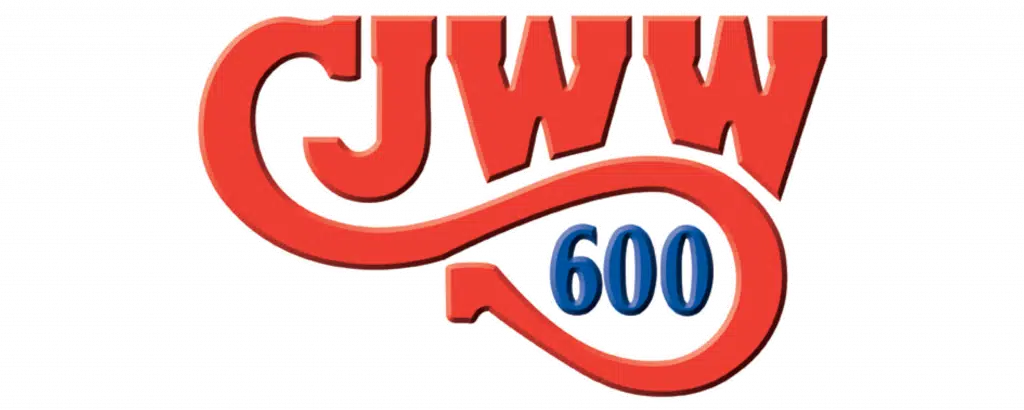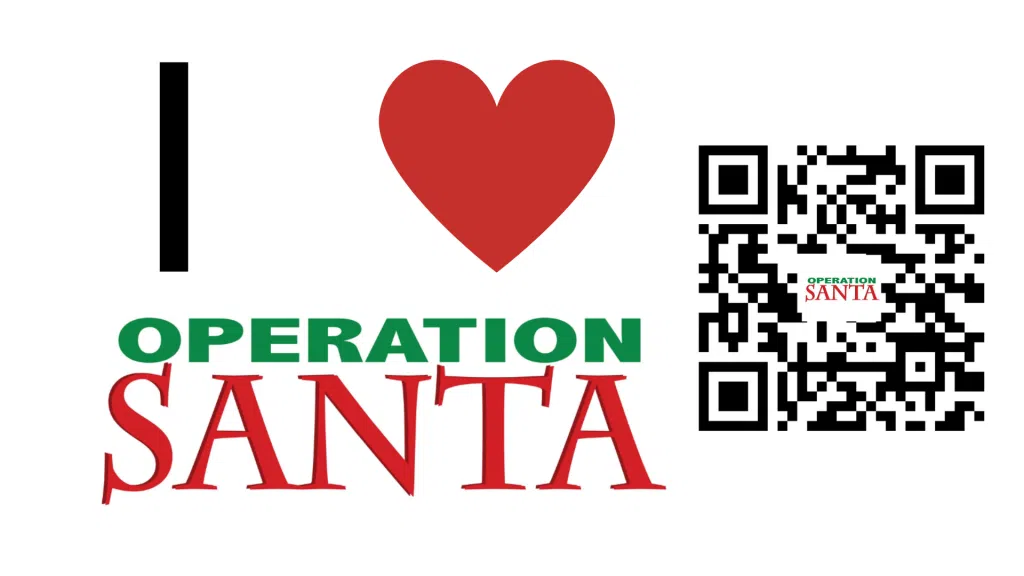
The Saskatchewan Government introduced the Saskatchewan Affordability Act in the Legislative Assembly today (Mon). It includes 13 affordability commitments. A government news release says the Act introduces the largest personal income tax reduction in the province since 2008 by raising the personal exemption, spousal exemption, child exemptions and the seniors supplement by $500 a year, for the next four years. That’s in addition to annually indexing the province’s income tax brackets and basic tax credits to offset the impacts of inflation.
Once this is fully implemented, over 54,000 residents will no longer be paying provincial income tax. Deputy Premier and Finance Minister Jim Reiter adds that the Saskatchewan Low-Income Tax Credit will also increase by five per cent annually for the next four years, which will benefit more than 300,000 individuals and families.
In an effort to make home ownership more affordable, the Saskatchewan First-Time Homebuyers Credit maximum benefit will increase by 50 per cent. The Home Renovation Tax Credit means a savings of up to $20 per year while seniors having home renovations done will be able to save up to $525. For people with disabilities and for caregivers, the Disability Tax Credit and the Disability Tax Credit supplement for children under 18 will increase by 25 per cent, in addition to the indexation. The Caregiver Tax Credit will increase by 25 per cent and will include indexation.
Other measures in The Saskatchewan Affordability Act include:
– Doubling the Active Families Benefit, and the income threshold to qualify for that benefit, making it more affordable for more families to access children’s sports, arts, cultural and recreational activities.
– To help ensure more young people stay to live and work in Saskatchewan, the Graduate Retention Program’s tax credit benefits will increase by 20 per cent.
The Sask. Party’s finance minister says affordability measures included in the Act could come into effect as soon as January 1st.
Opposition Leader Carla Beck argued that the measures wouldn’t benefit Saskatchewan until much later. “The minister admitted, and he quoted, that there would be a lag time before people would see relief. Then, his deputy minister admitted that that relief wouldn’t come until 2026. Mr. Speaker, I will say it again because this government doesn’t seem to understand. People need relief now.”
Reiter replied that he would be writing letters to the federal ministers of both the CRA and Finance to ask for January 1st implementation. “We believe they should be able to do that. They’ve done that for other measures, federal measures. There’s no reason they can’t do it for provincial measures.”
Beck says, “If the Sask. Party was listening to people, they’d know that relief is needed now. People can’t wait until tax time 2026 to figure out if they are even eligible for the government’s programs.” A news release from the Saskatchewan NDP says when asked if the Sask. Party’s tax measures factored into the province’s growing deficit, Finance Minister Jim Reiter and a top official confirmed that the majority of their tax measures will not be felt until 2026.


























